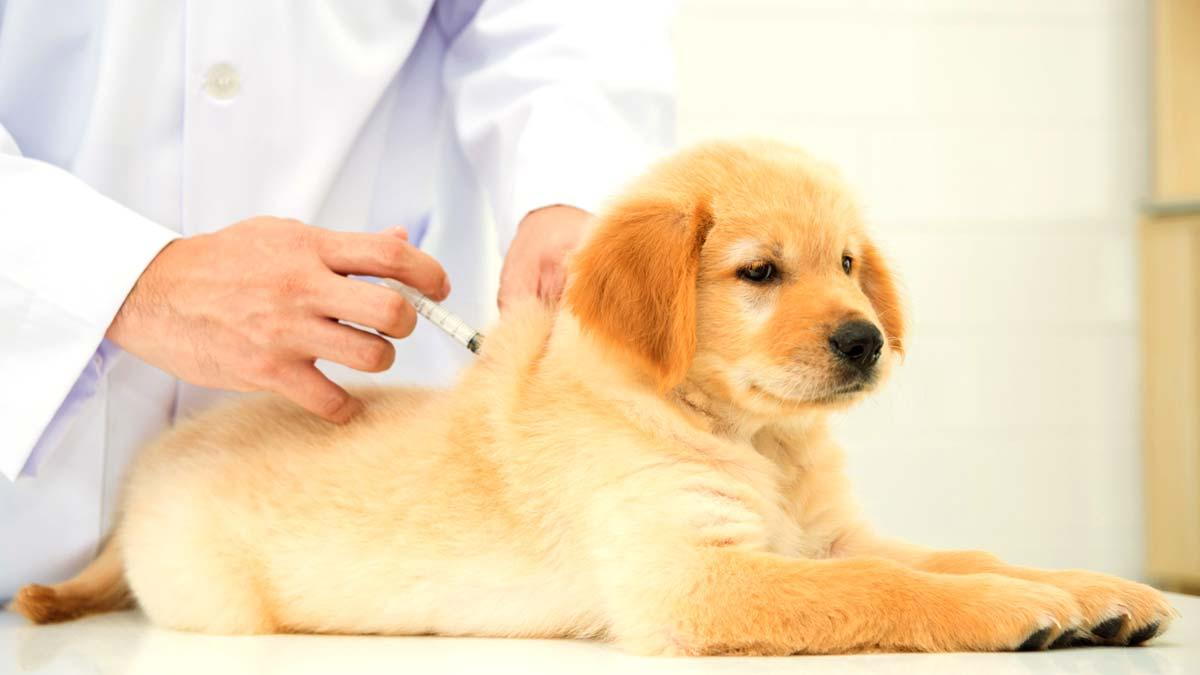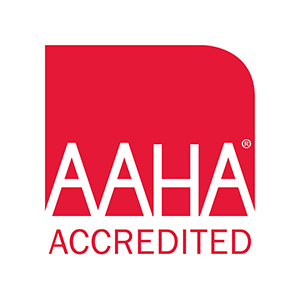
Welcoming a new puppy into your home is an exciting journey filled with cuddles, playtime, and, importantly, responsibility. One of the most crucial responsibilities as a pet owner is ensuring the health and well-being of your furry friend, starting with understanding the essential vaccines your puppy needs. At Phoenix Veterinary Center, we're dedicated to providing comprehensive care for your new puppy, including a thorough vaccination schedule to protect them from various diseases.
Vaccinations are vital in safeguarding puppies from serious infectious diseases. Some of these diseases can be transmitted to people, making vaccinations a public health concern as well. This blog aims to guide you through the different vaccines your puppy needs, including core and non-core vaccines, and the importance of each in maintaining your puppy's health.
Understanding Puppy Shots: Essential Vaccinations for Your New Pet
Puppy shots are a critical component in safeguarding your new pet from various viruses and diseases. These vaccines work as a shield, protecting young dogs from illnesses that they might encounter from an infected dog or animal. Starting from just a few months of age, puppy vaccinations are administered in a series to build up your pet's immunity. These shots target a range of viruses, ensuring that your puppy is well-protected during their most vulnerable early stages of life. It's not just about preventing your puppy from getting sick; it's also about stopping the spread of these viruses to other animals and maintaining overall public health.
The schedule for these puppy shots typically includes a series of vaccines followed by boosters to reinforce the immunity. Boosters are crucial as they help maintain the vaccine's effectiveness over time, ensuring that your puppy remains protected as they grow. It's important to adhere to this vaccination schedule closely, as missing a shot or booster can leave your puppy at risk of contracting serious diseases from infected dogs or animals. By keeping up with your puppy's vaccination schedule, you're taking a significant step in ensuring their health and well-being, allowing them to lead a happy and active life.
Understanding Puppy Vaccinations
The Role of Vaccines in Preventing Diseases
Vaccines work by preparing the puppy's immune system to fight off specific viruses and bacteria. They are designed to prevent diseases that can affect a puppy's health significantly. The right vaccination schedule is crucial in ensuring your puppy is protected at the appropriate stages of their development.
Core Puppy Shots: Essential for All Puppies
The Foundation of Puppy Health
Core vaccines are considered essential for all puppies regardless of their lifestyle or geographic location. These vaccines protect against viruses and diseases that are widespread, highly contagious, or potentially fatal.
Canine Distemper Vaccine
Canine distemper is a virus that affects a dog's respiratory, gastrointestinal, and nervous systems. The vaccine for canine distemper is usually administered in a series of shots starting when the puppy is a few weeks of age.
Parvovirus and Infectious Canine Hepatitis
Parvovirus is a highly contagious virus, especially dangerous for puppies, causing severe gastrointestinal symptoms. Infectious canine hepatitis affects the liver and can be contracted through direct contact with an infected animal. Vaccination against these viruses is included in the core puppy shots.
Rabies Vaccine
The rabies vaccine is crucial and often legally required. Rabies is a zoonotic disease, meaning it can be transmitted to people, and is almost always fatal once symptoms appear. The rabies vaccine is typically part of the initial series of puppy vaccinations.
Non-Core Vaccines: Tailored to Your Puppy’s Lifestyle
Vaccines Based on Exposure Risk
Non-core vaccines are given based on the puppy's risk of exposure to certain diseases. These include Lyme disease, bordetella bronchiseptica, and canine coronavirus, among others.
Lyme Disease Vaccine
Lyme disease, a tick-borne disease, is an important non-core vaccine for puppies in areas with high tick populations. It helps protect against the bacteria that cause Lyme disease, which can lead to joint pain and kidney failure.
Bordetella Bronchiseptica and Canine Parainfluenza
These vaccines are recommended for puppies that frequent dog parks, boarding facilities, or dog shows. They protect against respiratory diseases, which are highly contagious among dogs.
Puppy Vaccination Schedule: Timing is Crucial
Starting Vaccinations Early
Puppies should start receiving their vaccinations when they are a few weeks of age. This is crucial as the maternal antibodies they receive from their mother's milk begin to wane around this time.
The Importance of Boosters
Following the initial vaccine, booster shots are essential to maintain immunity. These are usually given at intervals of 3 to 4 weeks until the puppy is about 16 weeks old.
Recognizing Signs of Virus and Vaccine Reactions
Monitoring for Adverse Reactions
While vaccines are generally safe, it's important to monitor your puppy for any adverse reactions, such as loss of appetite or lethargy. If you notice any concerning signs, contact your veterinarian immediately.
Identifying Symptoms of Diseases
Being aware of the signs of the diseases themselves, like swollen lymph nodes, abdominal pain, or visible signs of disease, can aid in early detection and treatment.
The Importance of Puppy Socialization and Vaccinations
Balancing Socialization and Health Risks
Puppy socialization is crucial for their development. However, it's important to balance socialization with health risks. Ensure your puppy is appropriately vaccinated before exposing them to other dogs and public places like dog parks.
A Healthy Start for Your Puppy
Vaccinating your puppy is one of the most important steps you can take to ensure a long, healthy life. At Phoenix Veterinary Center, we are committed to guiding you through your puppy's vaccination needs. Remember, a well-vaccinated puppy is not only safer for themselves but also for other pets and people they may come into contact with. Schedule your puppy’s vaccinations with us today by calling (602) 559-5500 and take the first step towards a healthy, happy life for your new best friend.



